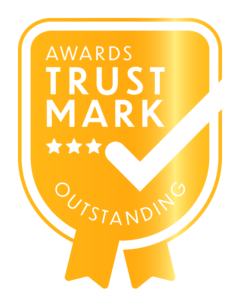 Judging Criteria
Judging Criteria
The criteria for judging all of the awards are the same. The independent judging panel will assess entries and score them against these headlines:
- Strategy
- Goals and objectives
- Planning and implementation
- Creativity and innovation
- Impacts and benefits
There won’t be a second round of judging with presentations as we want to make the process as efficient as possible.
Judges will use this scoring guidance:
- Outstanding – robust evidence, a compelling description; 8-10 marks
- Good – very good story with some strong evidence; 6-7 marks
- Adequate – reasonable description of achievements and some evidence; 4-5 marks
- Limited – some weak areas, limited evidence available to support story; 2-3 marks
- Weak – unconvincing, lacking evidence; 0-1 mark
All judges have signed confidentiality and conflict of interest declarations. They are drawn from a broad network of businesses along with previous winners and finalists, so it’s possible that a judge’s business may enter the awards. We would never ask a judge to assess an entry from their own business or any entries from that particular category due to the clear conflict of interest this creates.
Each category will be assessed by at least three judges, and entries are scored independently, not at a judging day, with the winner the entry with the highest score. It’s that simple.
Meet The Wakefield Business Awards Judges
Head Judge – Louise Turner – Awards Writers/Wordsmiths
Mark Lynam – Wakefield Council
Peter Molyneux – The Nostell Estate
Narinder Gill – Elevate Multi-Academy Trust
Tim Calverley – The Alternative Board
John Stancliffe – Frickley Athletic in the Community Foundation
Rachel Smith – Clutter is the Enemy
Tracey Mearns – Good Fundraising

